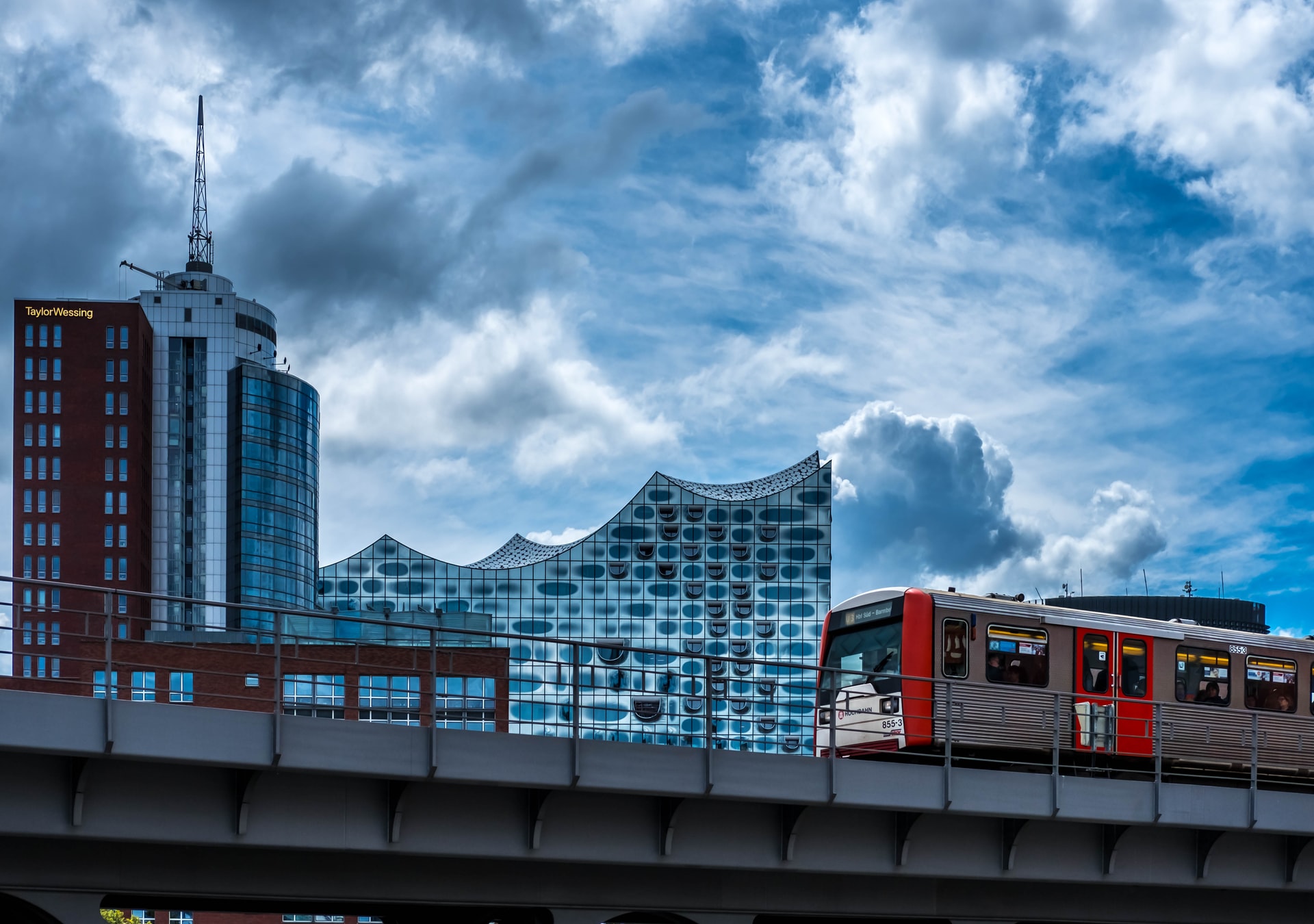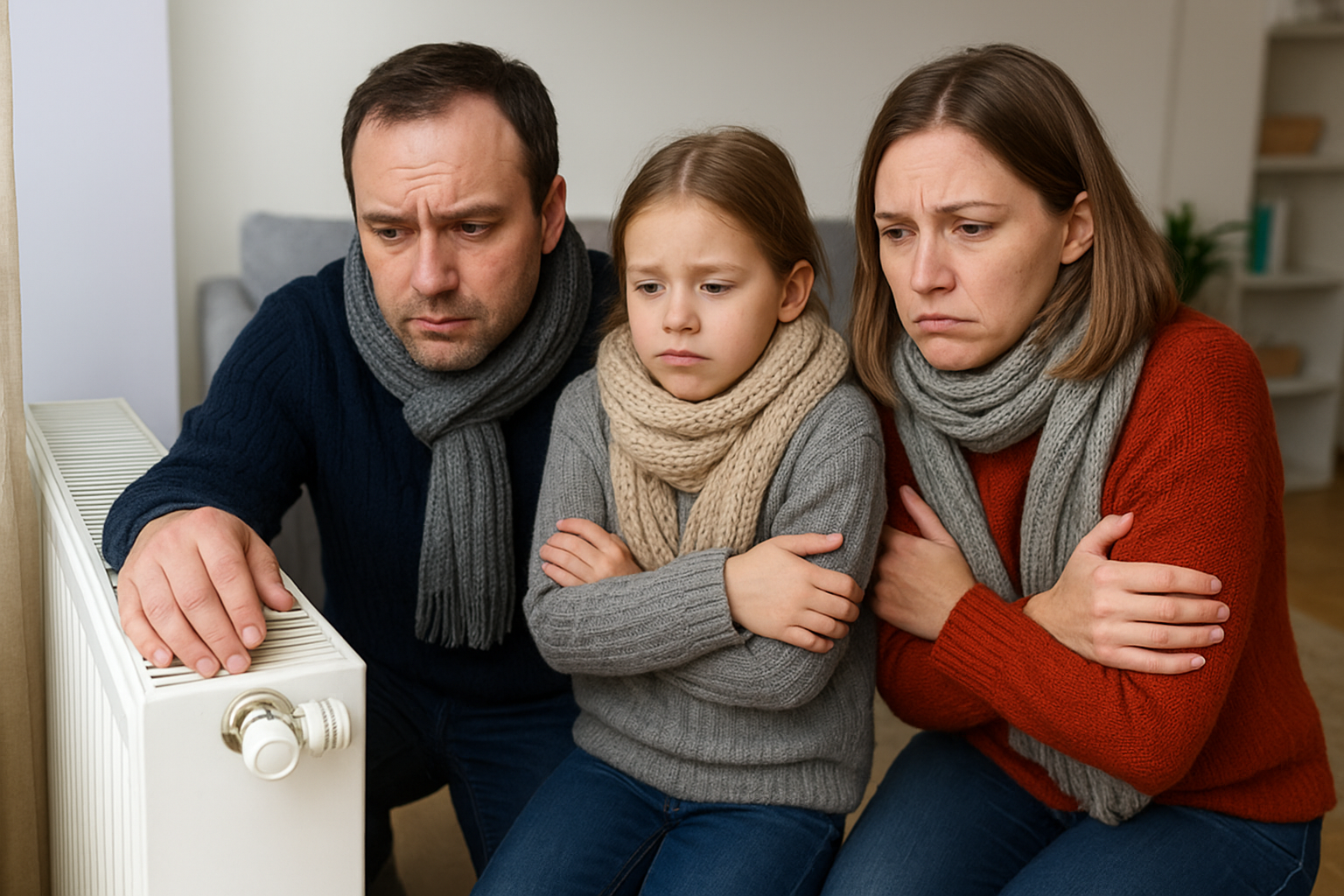As the seasons shift in Germany, a perennial question emerges: When do residents actually turn on their heating? For newcomers, expats or those relocating, this is more than a curiosity, it’s part of understanding daily life, rental norms and how the German “Heizperiode” works.
From anecdotal insights shared on Reddit to legal definitions and practical considerations (insulation, costs, building type), here’s a comprehensive look at the heating-onset question in Berlin and beyond.
The Legal & Building Framework
It helps to understand the broader rules that govern heating in German buildings, especially in Berlin.
- Many rental buildings follow a “Heizperiode” (heating period) during which the landlord must ensure that a reasonable temperature (often around 20-22 °C) can be achieved in the living rooms between October 1st and April 30th.
- Building type matters: older “Altbau” buildings (pre-WW2/early postwar) often have less insulation, thicker walls and respond more slowly to heating. Newer buildings may have better insulation, meaning indoor temperatures remain higher for longer even without heating.
- Some buildings are centrally heated (Fernwärme) and the systems may turn on automatically when outside/average temperatures fall below certain thresholds. Others rely on individual boilers or tenant-controlled radiators.
So: legally you will often see systems designed to cover October through March/April, but actual “turn-on” in practice depends on building, comfort and cost.
So when do people actually turn it on?
Based on Reddit responses + local experience, here’s a summary of the typical “when” + influencing factors.
Typical timeline
- Late September to October: Many buildings prepare for the heating season; some landlords or housing companies schedule turn-on around 1 October.
- November: Most tenants report that they themselves start feeling the need to turn on heating around mid November.
- December to February: Full winter period, heating running regularly.
- March to April: Many buildings maintain heating until end of March, some until April if early spring remains chilly. > “Start of November till end of March usually… October 1st – April 30th is common.”
- Late spring (April/May): Heating is usually turned off unless unusual cold persists. Some mention (on Reddit) having it on “for a week in April.”
Key triggers
- Indoor temperature dropping: Many respondents report waiting till indoor temperature falls below ~18 °C (some say 16-17 °C) before switching on.
- Outside/average temperature: Some systems trigger when outside stays below ~12-15 °C for a number of days.
- Cost & energy-conscious behaviour: With higher energy prices, many tenants delay the turn-on as long as possible, use thick clothes, blankets and other tricks.
What this means for you as an expat/new tenant
Here are practical take-aways to help you navigate this in Berlin or similar German cities.
1. Check your building type & heating system
- Is your building centrally heated (Fernwärme/district heating) or do you have your own boiler? The rules differ.
- Older “Altbau” buildings often respond slower to heating, may feel colder sooner.
- Ask your landlord/house management: When is the “heating period” (Heizperiode) scheduled?
- If your building is well-insulated you may not feel the “need” as quickly, but that doesn’t mean the system is off.
2. Be aware of indoor comfort vs norms
- Many Germans consider ~18 °C indoor as the lower comfortable bound, though for family homes or with children many aim for ~20-22 °C.
- If your flat is dropping below ~16-17 °C, you’ll likely feel cold.
- Good insulation and heating control (thermostats, TRVs — thermostatic radiator valves) help reduce costs and increase comfort.
3. Expect cost-conscious behaviour
- Gas, oil and district heating costs have risen, so many tenants delay turning heating on until “really needed”.
- Using warm clothing, blankets, reducing draft, closing curtains at dusk are common ways to cope. > One commenter on Reddit said: “I didn’t turn on the heater until the cold was unbearable. I’ll bundle up with a sweater, blanket and tea.”
- If you rent, check how heating costs are covered (either via Nebenkosten / warm rent or separate). Delaying heating might save you, but if you’re uncomfortable it also affects quality of life.
4. Know your rights & obligations
- Landlords in Germany must ensure that during the heating season, apartments can reach a minimum temperature (often cited ~20-22 °C during the day, ~18 °C at night). Failing that may give tenants rights to demand repair. > One Redditor summarised: “Legally, … heating period starts … rental apartment has to be able to be heated to 20-22 °C during the day (18 °C at night) in the heating period…”.
- Also, you should ventilate properly (“Stoßlüften”) rather than leaving windows open long-term while heating is on, this avoids mould and energy waste.
5. Seasonal reminders
- Autumn: Check radiators, bleed if needed, ensure thermostat works before full winter hits.
- Winter: Monitor indoor humidity and temperature; too low temp + high humidity = mould risk.
- Spring: When average outdoor temps rise and indoor is comfortable, heating is often switched off. If your building’s system is central, it may automatically phase out by late March/April.
Conclusion
In short: the typical “turn-on” window for heating in Berlin and Germany ranges from October through late March/early April, but for most tenants the practical decision is when indoor conditions drop into the mid-teens (°C) and become uncomfortable. The exact moment depends on building insulation, heating type, personal comfort and cost concerns.
For expats or newcomers: the best approach is to check your building’s heating system, monitor your indoor temperature (aim for at least 18 °C during occupied hours), and be ready to switch on once you start feeling cold. Use the autumn to check your radiators, ventilate properly and perhaps adjust clothing and behaviour so you’re comfortable without overheating.

















Leave a Reply